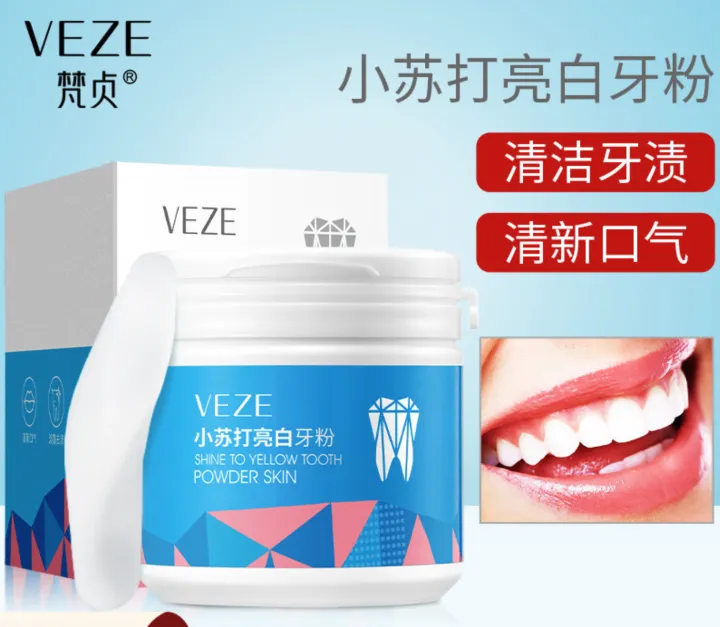Baking Soda vs. Powder for Teeth Whitening Overview
The quest for a brighter smile often leads individuals to explore various teeth whitening options. Among the many choices, baking soda and teeth whitening powders stand out as popular contenders. Both offer a potential solution for stain removal and achieving a whiter smile, but they differ significantly in composition, usage, and effectiveness. This article provides a detailed comparison of baking soda and teeth whitening powders, exploring their benefits, drawbacks, and the best choice for your specific needs. Understanding the nuances of each option will empower you to make an informed decision and choose the most suitable teeth whitening method for your oral health goals. The goal is not only to achieve whiter teeth, but also maintain the overall health and well-being of your mouth.
Understanding Baking Soda for Teeth Whitening
Baking soda, also known as sodium bicarbonate, is a common household item with a wide range of applications, including teeth whitening. Its abrasive properties can help remove surface stains from teeth. Baking soda is a natural substance that is relatively inexpensive and easily accessible. It is often used as a component in homemade toothpaste or as a standalone treatment. Many people turn to baking soda as a budget-friendly alternative to commercial teeth whitening products. While it can be effective for some, it’s important to use it with caution and awareness of its potential drawbacks. Proper application and frequency are critical to avoid any adverse effects on your teeth and gums.
How Baking Soda Works for Stain Removal
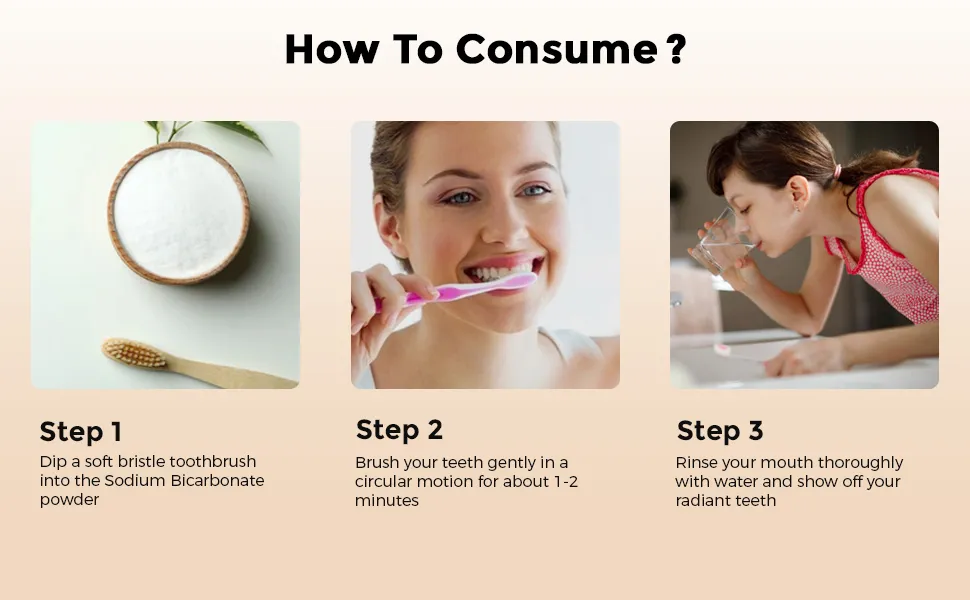
Baking soda works as a mild abrasive, helping to scrub away stains on the surface of your teeth. The abrasive action helps remove plaque and some types of stains caused by coffee, tea, and other foods. When mixed with water to form a paste, baking soda creates a slightly alkaline environment in the mouth. This environment can help neutralize acids that contribute to tooth decay. However, its effectiveness is primarily limited to surface stains, and it does not alter the intrinsic color of your teeth. It is important to note that the effectiveness of baking soda varies from person to person, and results may not be as dramatic as those achieved with professional treatments or stronger whitening agents.
Baking Soda Advantages for Teeth Whitening
The primary advantage of baking soda for teeth whitening is its accessibility and affordability. You likely already have it in your kitchen, making it a convenient option. It is a natural product, which appeals to those seeking to avoid chemicals. It is effective in removing surface stains, leading to a noticeable improvement in the brightness of your smile. Furthermore, it can help freshen breath due to its ability to neutralize acids and combat bacteria. Many users appreciate the simplicity of using baking soda, mixing it with water to create a paste that can be applied to their teeth. These benefits make baking soda an attractive choice for those seeking a simple, inexpensive teeth whitening solution.
Baking Soda Disadvantages and Risks
Despite its benefits, baking soda carries certain risks. Overuse can erode tooth enamel, leading to increased sensitivity and potential dental problems. Its abrasive nature can also irritate the gums, causing inflammation. Baking soda is not as effective for deeper stains or intrinsic discoloration, so the results may not meet expectations. It can be messy and inconvenient to use compared to other methods. Those with sensitive teeth or gum issues should exercise extreme caution and consult a dentist before using baking soda. To minimize risks, it is important to use baking soda sparingly and only as directed, and never apply excessive pressure during brushing.
Understanding Teeth Whitening Powder
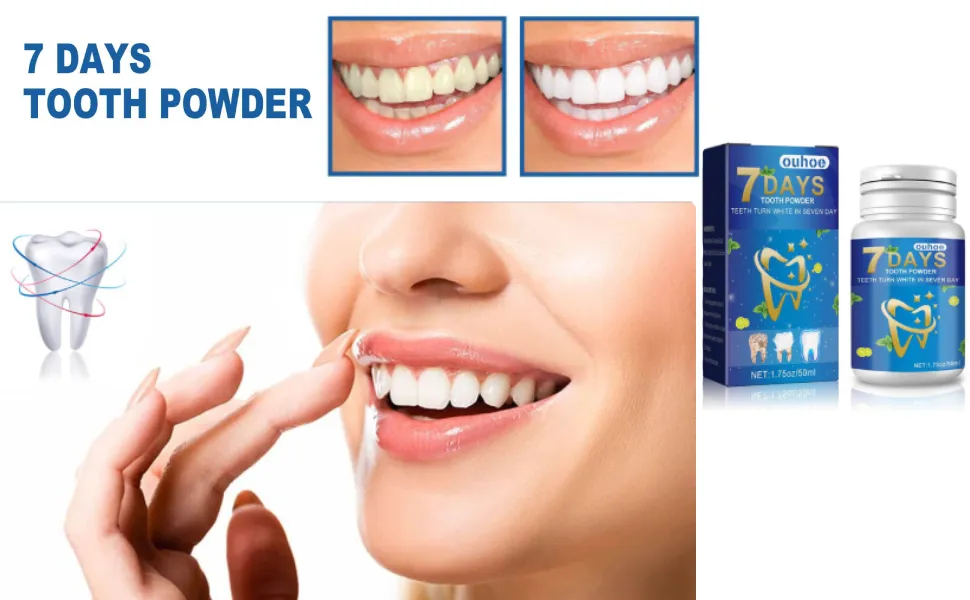
Teeth whitening powders are formulated specifically for teeth whitening and offer a variety of ingredients and benefits. These powders often contain abrasives to help remove stains and polishing agents to brighten teeth. Whitening powders come in various formulations that include natural ingredients like activated charcoal, bentonite clay, and essential oils. Unlike baking soda, teeth whitening powders are designed to be used on teeth and often come with instructions for safe and effective use. These powders can provide a more targeted approach to teeth whitening compared to simple baking soda. The selection of a whitening powder should be made carefully, considering the ingredients and potential for sensitivity or irritation.
Teeth Whitening Powder Ingredients and Types
Teeth whitening powders contain a range of ingredients, each with a specific role. Activated charcoal is a common ingredient known for its stain-removing properties, but should be used with caution. Bentonite clay is another popular ingredient believed to help with detoxification and polishing. Some powders contain natural abrasives like diatomaceous earth to aid in stain removal. Other formulations include essential oils like peppermint or tea tree oil for added benefits. The variety of ingredients allows for different types of whitening powders, each offering distinct advantages. Some powders focus on stain removal, while others aim to improve overall oral health. When selecting a whitening powder, it’s important to review the ingredient list and research the potential benefits and risks of each component.
Teeth Whitening Powder Advantages
One of the main advantages of teeth whitening powders is their ability to target surface stains and improve the overall brightness of teeth. Many users find that these powders effectively remove stains from coffee, tea, and other foods, leading to a visibly whiter smile. Some powders may include additional ingredients to freshen breath and support gum health. Whitening powders often offer a more pleasant taste and texture compared to baking soda. The convenience of a pre-formulated powder also appeals to many users. These powders are designed to be easy to incorporate into your existing oral hygiene routine. Many individuals appreciate the perceived effectiveness and the added benefits of these specially designed products.
Teeth Whitening Powder Disadvantages
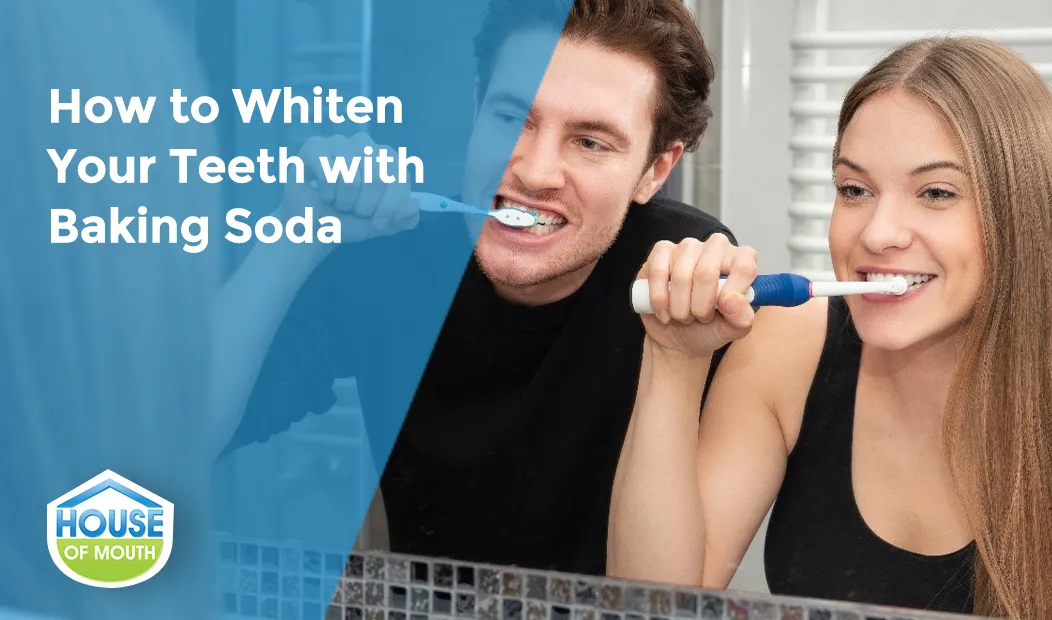
While teeth whitening powders can be effective, they also have potential drawbacks. Some powders may contain abrasive ingredients that can damage enamel if used excessively. The effectiveness of whitening powders varies depending on the specific formulation and the nature of the stains. Some users may experience increased sensitivity or irritation to the gums. The long-term effects of using certain ingredients, such as activated charcoal, are still being studied, and there may be uncertainties about their impact on oral health. It is essential to read product reviews and consult with a dentist before using whitening powders to ensure they are a safe and suitable option for your teeth.
Baking Soda or Powder Which is Best for You?
The choice between baking soda and teeth whitening powder depends on several factors, including your oral health, personal preferences, and desired results. If you prefer a natural, budget-friendly option and are looking to remove surface stains, baking soda might be a suitable choice, provided you use it sparingly. However, it is crucial to monitor your teeth for any signs of enamel erosion or gum irritation. Teeth whitening powders offer a more targeted approach, often with a wider range of ingredients and benefits. These powders may be more effective for certain types of stains and can provide a more pleasant experience. You must also be aware of the abrasiveness and ensure that the ingredients are safe for your oral health.
Factors to Consider
Several factors should influence your decision. Consider the sensitivity of your teeth and gums. If you have sensitive teeth, you should avoid abrasive products, which includes most whitening powders. The type of stains you want to remove is another factor. For surface stains, both baking soda and whitening powders can be helpful. However, for deeper stains, professional treatments may be necessary. Consider the ingredients in whitening powders and make sure you are not allergic to any of them. Finally, your budget and convenience preferences play a role. Baking soda is more cost-effective, but whitening powders offer a more targeted approach. Carefully weigh these factors to determine the best option for your specific needs.
Personal Preferences and Dental Health
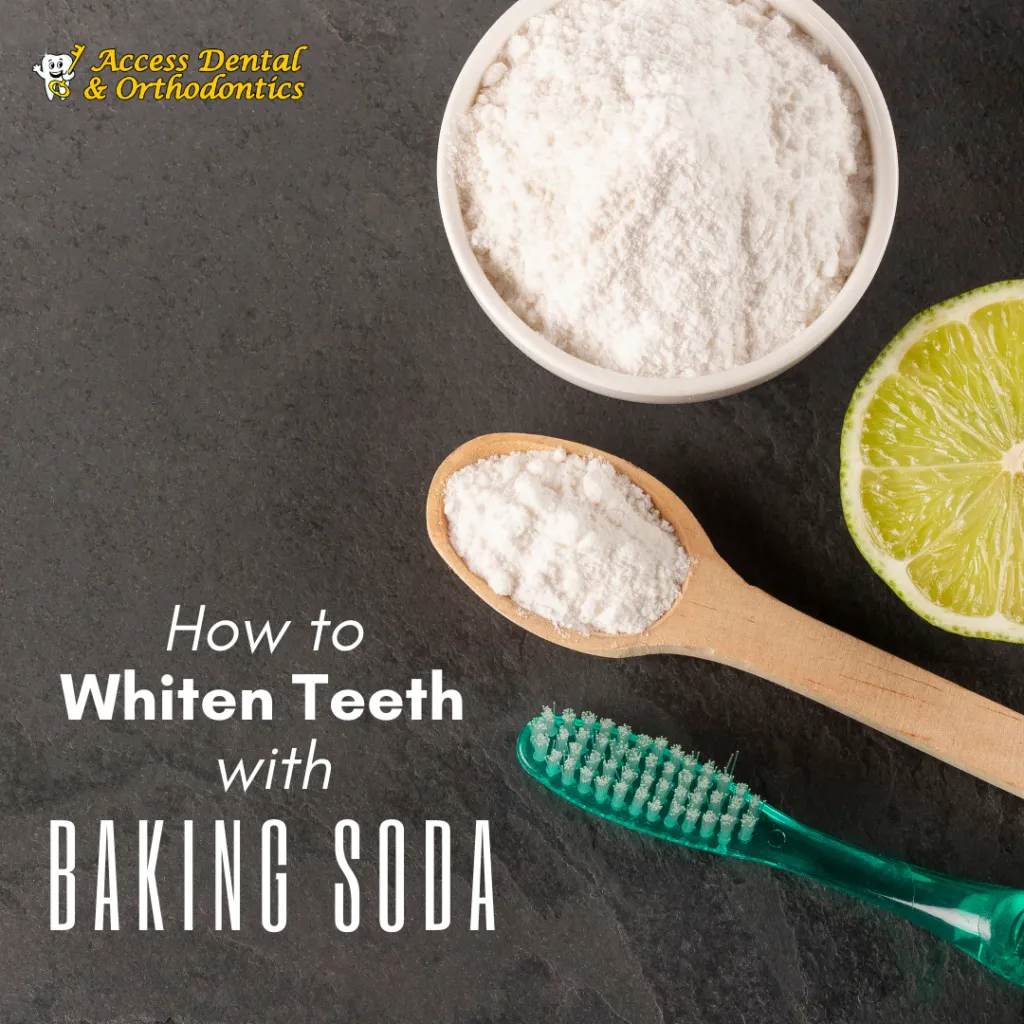
Your personal preferences and the overall health of your teeth and gums are very important in making your decision. Some people prefer the simplicity and natural aspect of baking soda, while others prefer the enhanced benefits and ease of use offered by whitening powders. If you have any pre-existing dental issues, such as cavities, gum disease, or enamel erosion, it is essential to consult your dentist before trying any teeth whitening method. Your dentist can assess your oral health and recommend the safest and most effective treatment option for you. Regular dental check-ups and cleanings are crucial for maintaining optimal oral health, regardless of your teeth whitening choices.
Expert Recommendations for Teeth Whitening
Dental professionals often recommend the use of scientifically proven methods, and will evaluate each patient’s particular needs. When it comes to teeth whitening, dentists frequently recommend professional treatments like in-office bleaching or custom-fitted trays with prescription-strength whitening gel. These methods offer more dramatic and consistent results than at-home remedies. For those who prefer at-home options, dentists may suggest over-the-counter whitening strips or gels containing hydrogen peroxide or carbamide peroxide. It is essential to follow the instructions carefully and be aware of potential side effects. Consulting with your dentist is the best way to determine the safest and most effective teeth whitening approach for your individual situation.
Alternatives for Teeth Whitening
Beyond baking soda and teeth whitening powders, many other options are available to enhance your smile. Over-the-counter whitening strips are a popular and convenient choice that can deliver noticeable results. Whitening toothpastes often contain mild abrasives and chemicals to remove surface stains. These toothpastes may be used as a part of your daily routine. Another option is using a whitening mouthwash, which can help freshen breath and reduce stains. For more significant results, professional teeth whitening treatments, such as in-office bleaching or custom-fitted trays, are highly effective. If you have extensive staining, consider porcelain veneers or dental bonding, which are considered more permanent solutions.
Professional Teeth Whitening Options
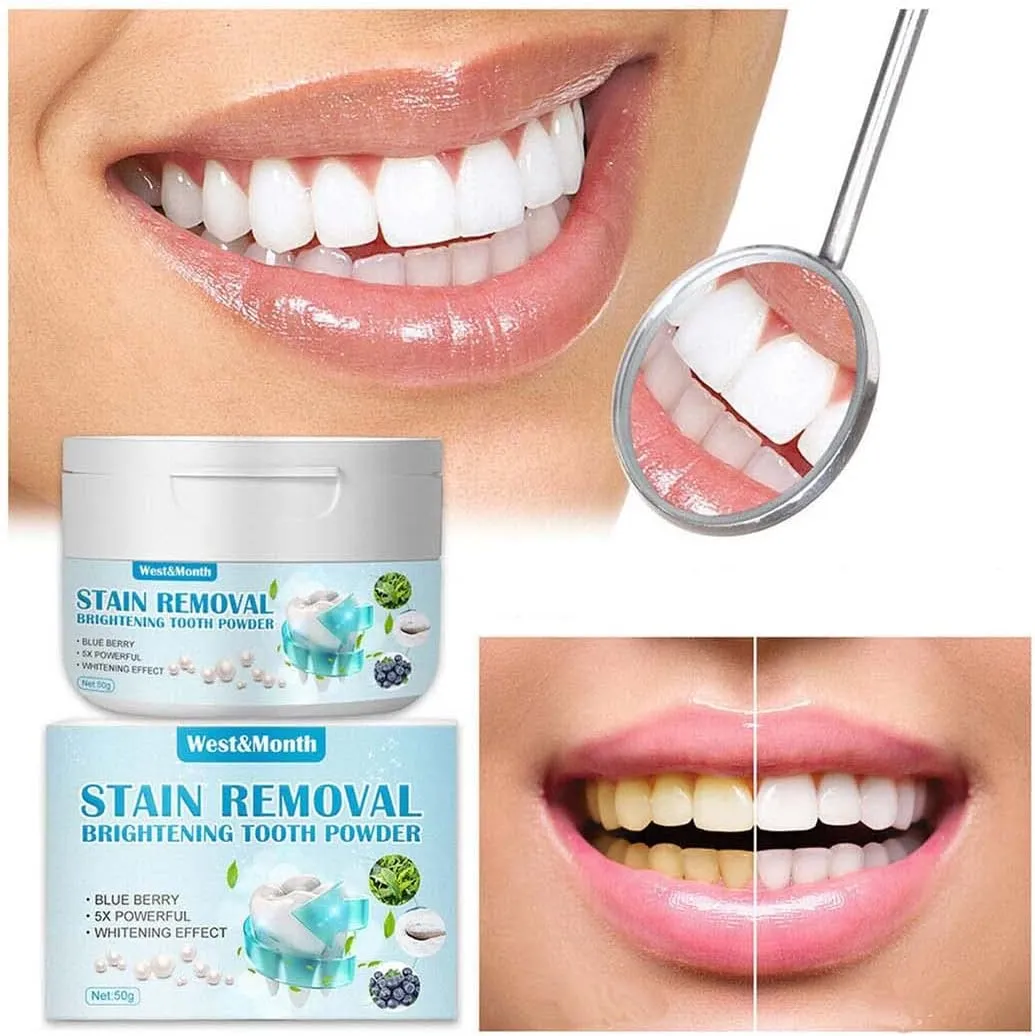
Professional teeth whitening offers the most effective and reliable results. In-office bleaching is a procedure performed by a dentist. This procedure uses a high-concentration whitening agent and often includes a special light to activate the whitening process. Another option is custom-fitted trays, where your dentist provides you with custom trays and a prescription-strength whitening gel to use at home. Both methods offer significant advantages over at-home remedies, including stronger whitening agents and professional supervision. Professional treatments are also safer, as your dentist can monitor your progress and address any potential sensitivity or side effects. If you are looking for the most dramatic results, professional teeth whitening is the ideal choice.
Maintaining a Bright Smile
Maintaining a bright smile involves more than just teeth whitening. Regular oral hygiene practices are essential for long-term results. Brushing your teeth twice a day with fluoride toothpaste, flossing daily, and using mouthwash are important. Avoiding stain-causing foods and drinks, such as coffee, tea, and red wine, can help to prevent staining. Quitting smoking can also significantly improve the appearance of your teeth. Scheduling regular dental check-ups and cleanings helps to keep your teeth healthy and bright. By incorporating these practices into your routine, you can enjoy a bright, healthy smile for years to come. Remember, consistency and proper care are key to maintaining the beauty and health of your teeth.
